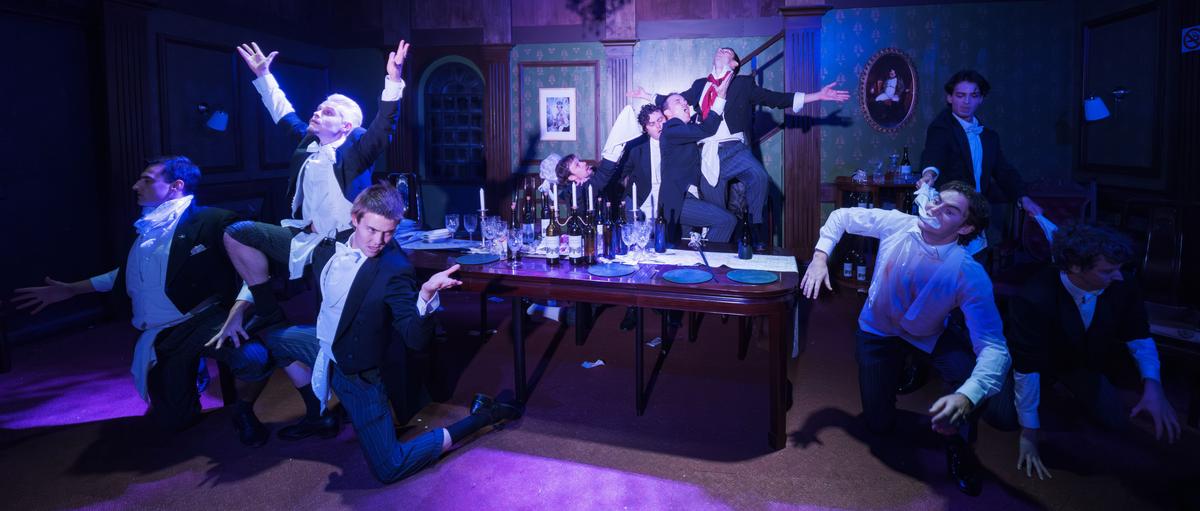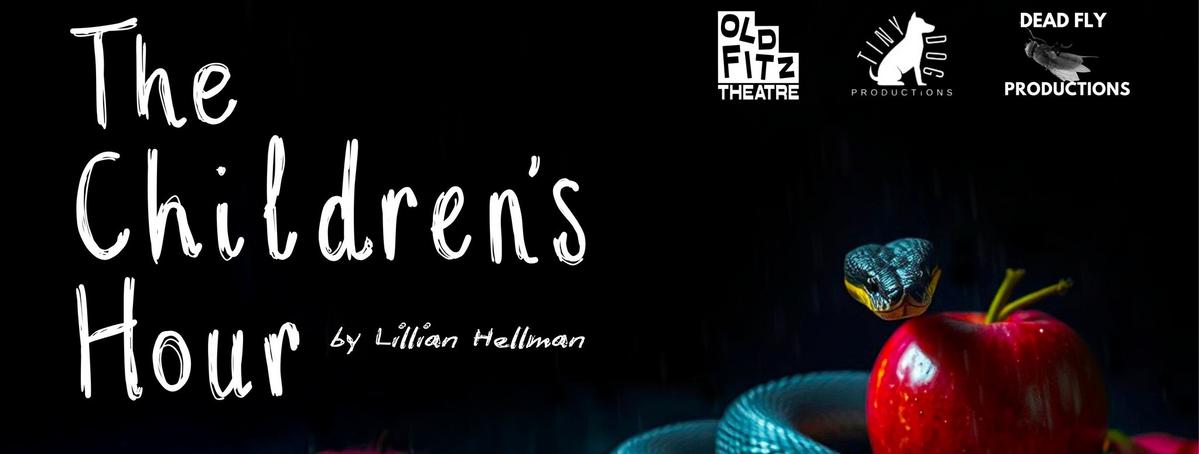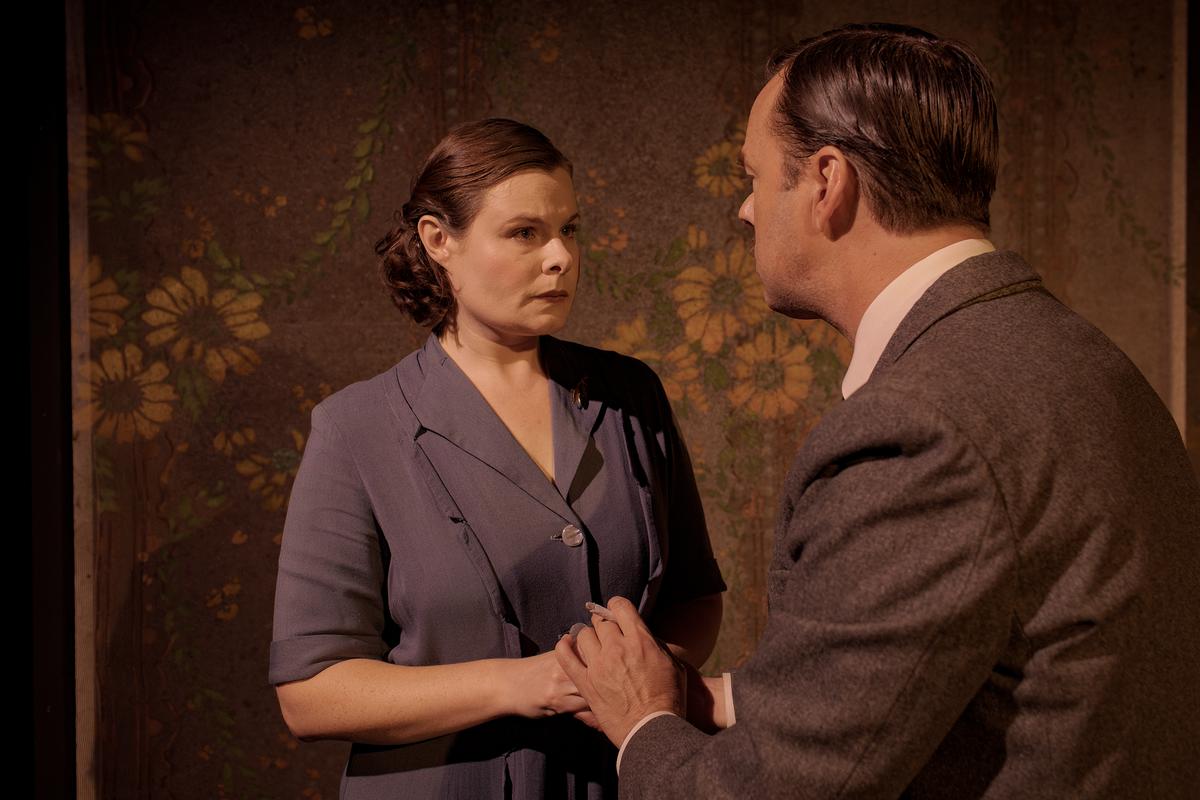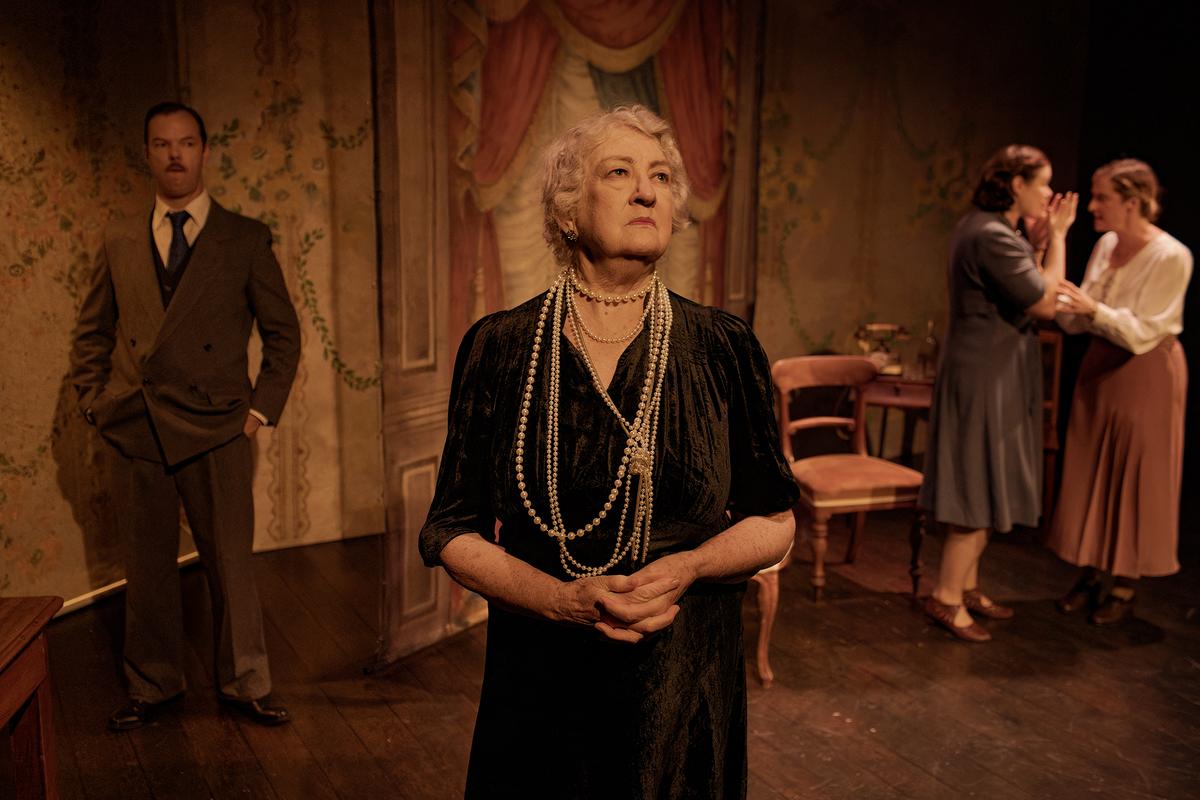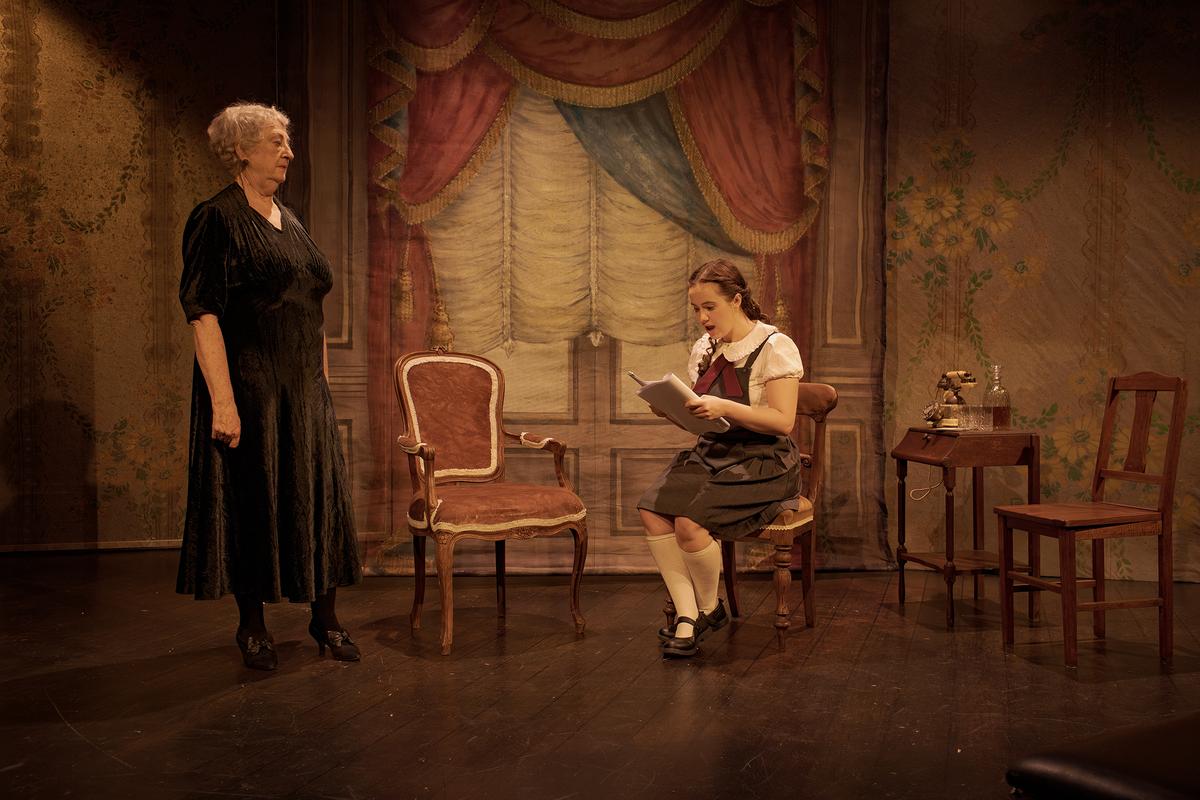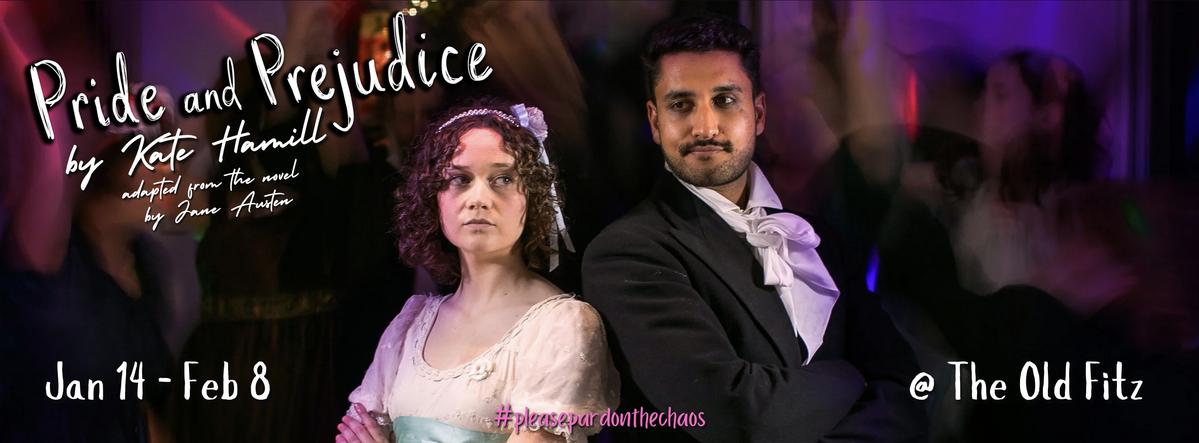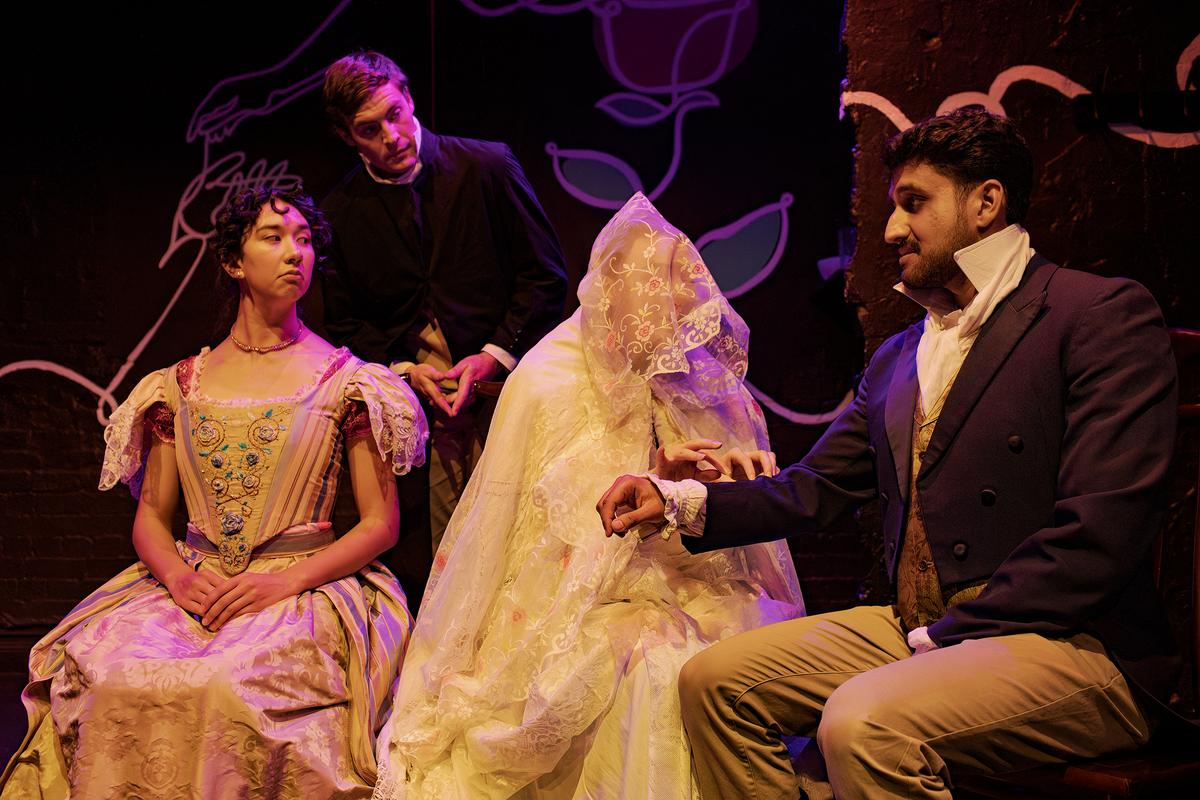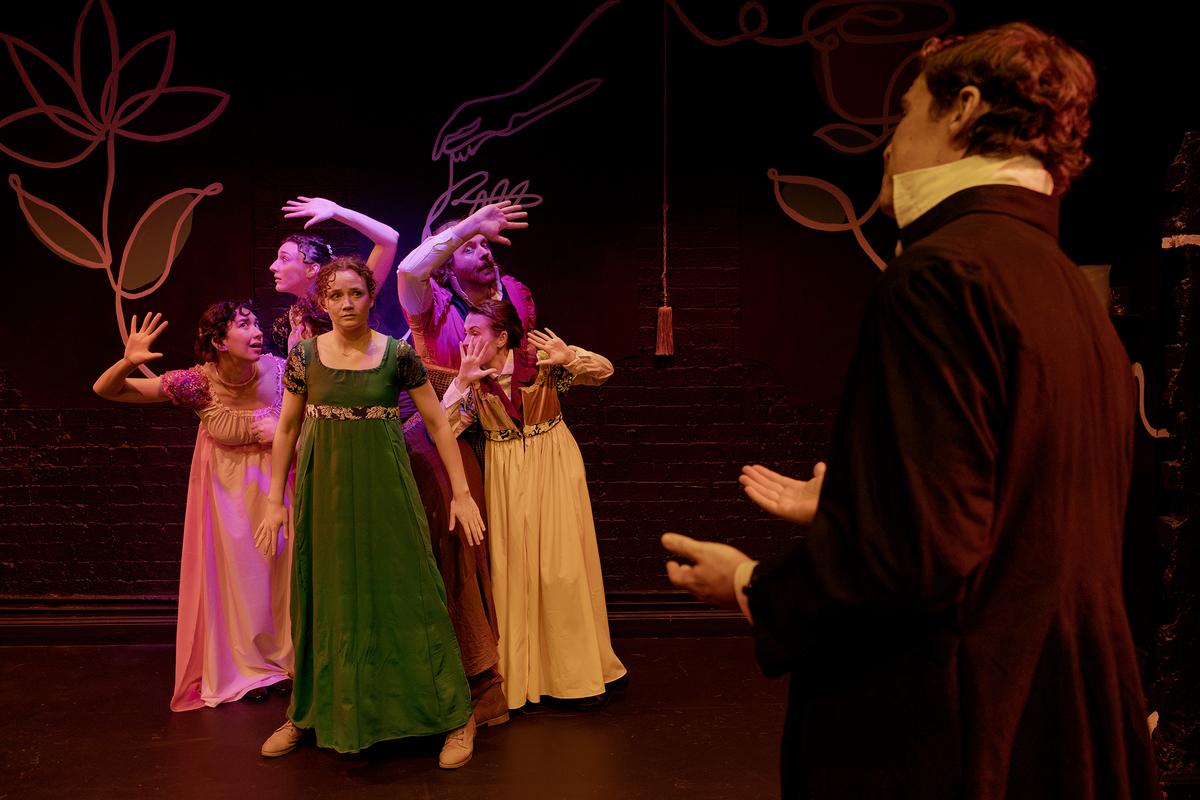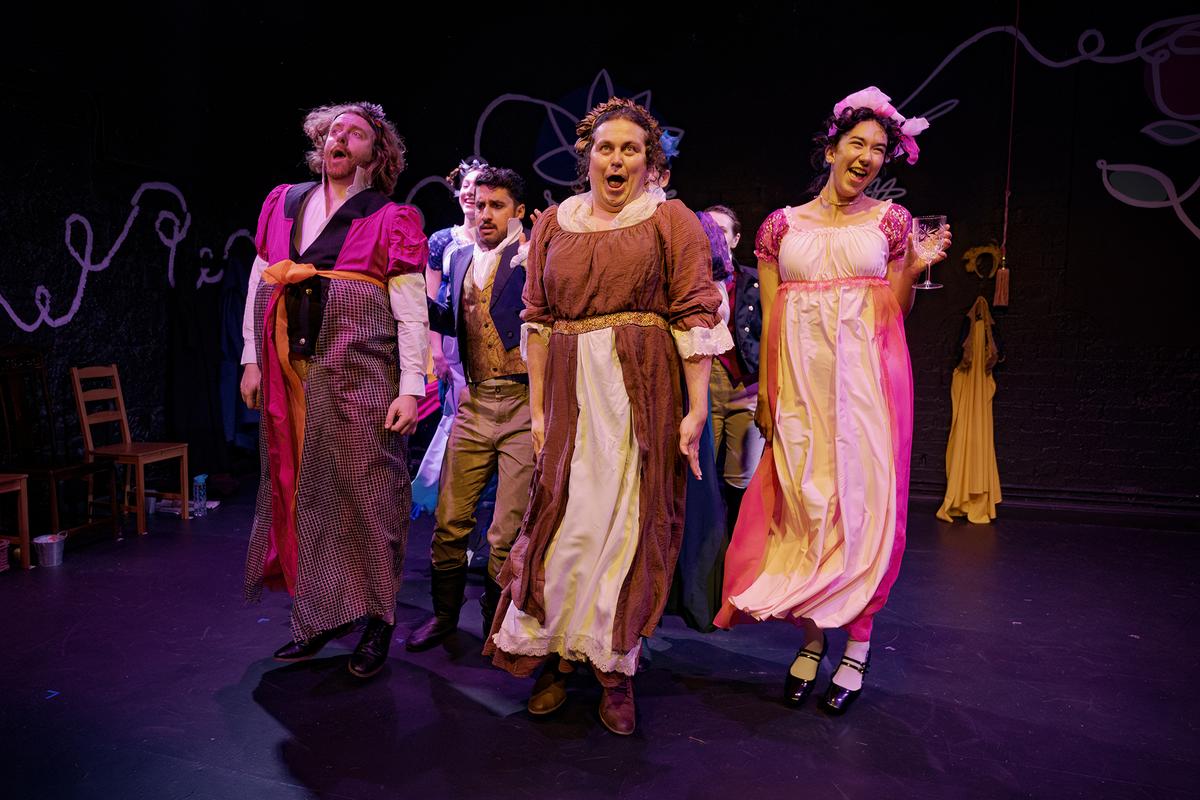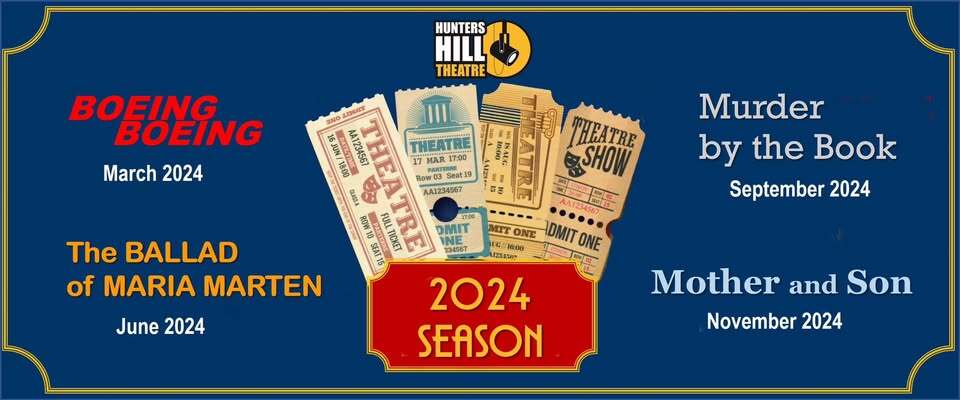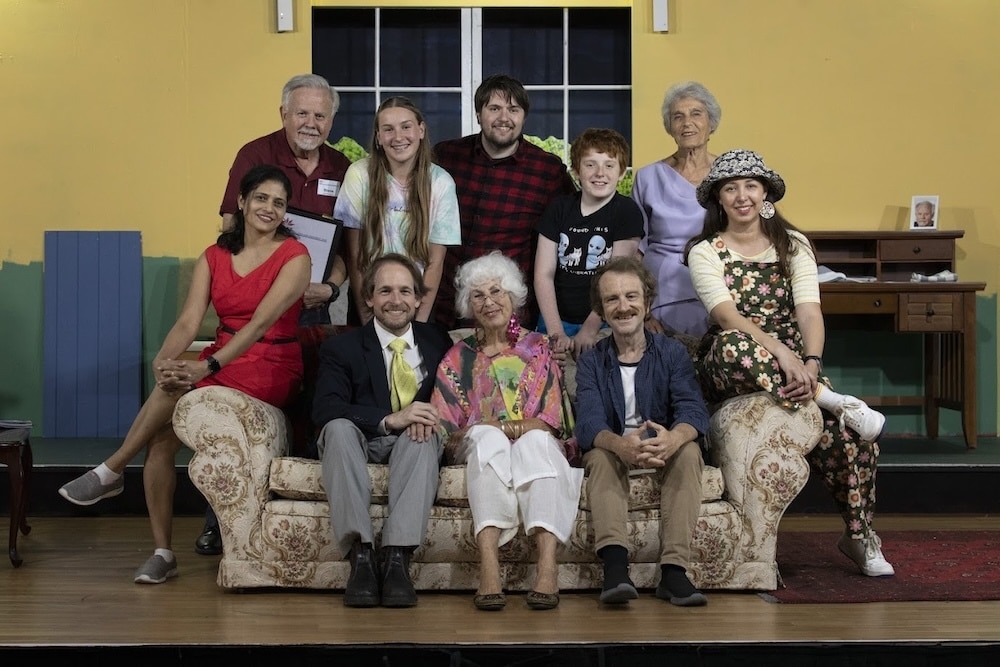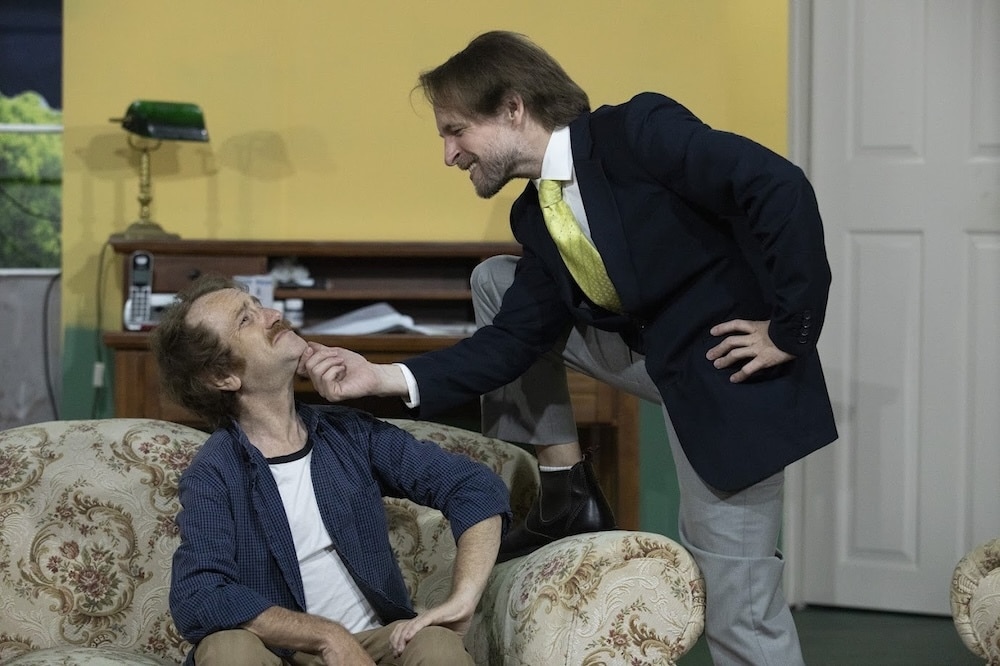“Boys will be boys”—a phrase as old as time, and in Posh, it becomes both a celebration and a condemnation. From the moment you step into the theatre, you’re transported into the opulent, eerie calm of a private dining room in a British house. A long table is laid out for ten, gleaming with anticipation. But this isn’t any dinner party—it’s a resurrection of legacy, a night with The Riot Club.
The play, penned with sharpness and nuance, builds its tension masterfully. We wait with bated breath for the dinner to begin, as the lore of past debauchery—smashed chandeliers, demolished rooms—echoes through stories of old. This elite society of British best and brightest has long thrived on mayhem masked as tradition. But in the present, their antics have come under fire, forcing them to tread carefully. This dinner is meant to be their ‘resurrection’.
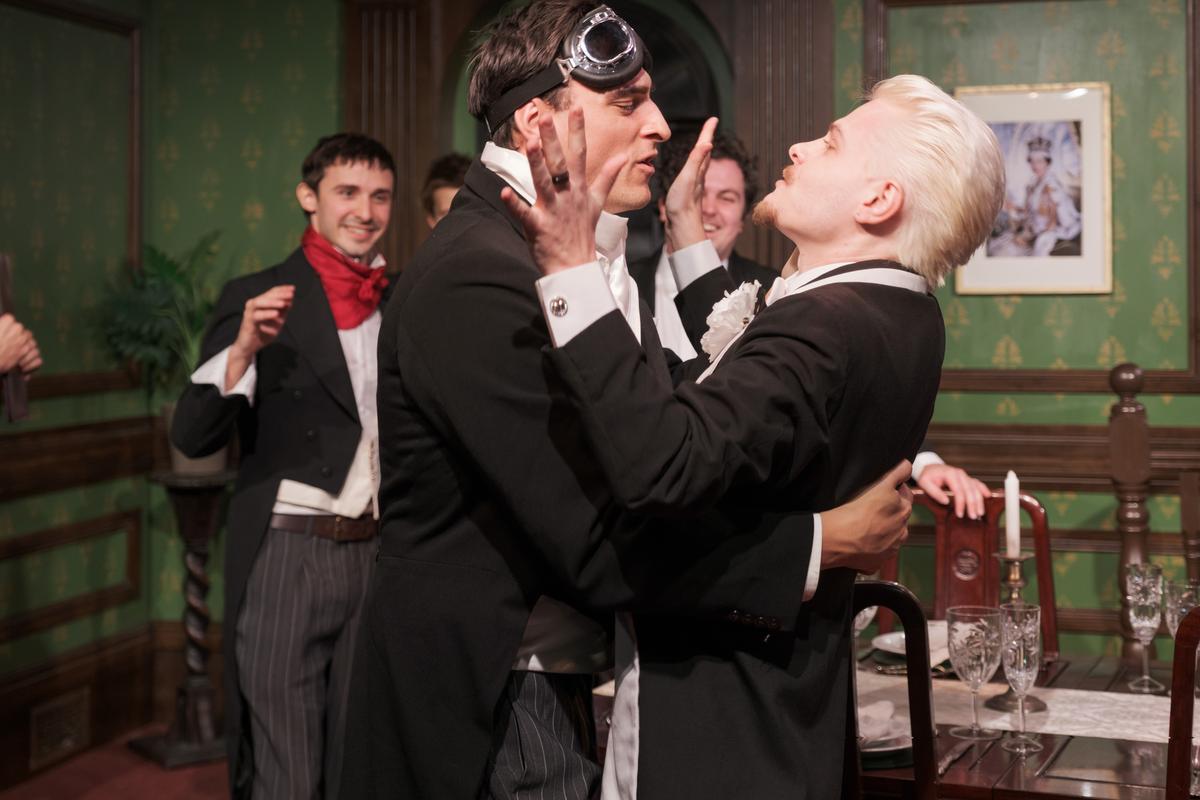
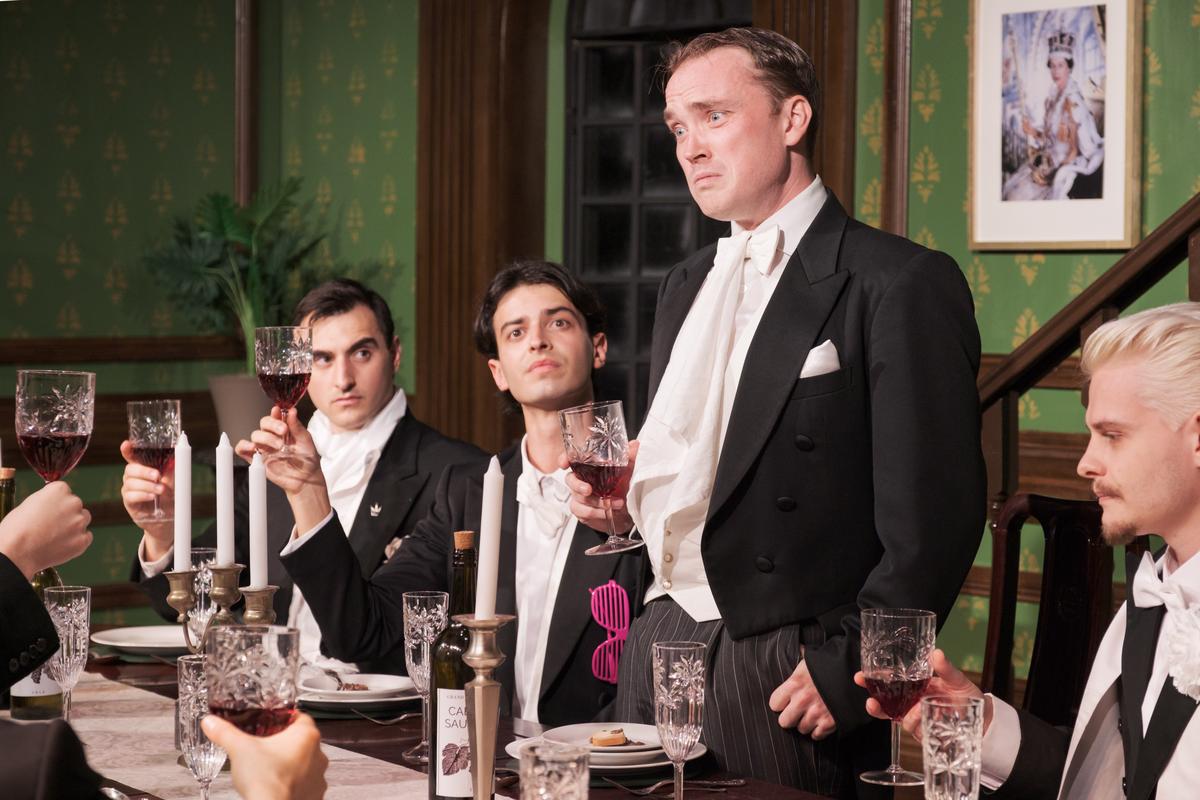
The cast is nothing short of magnetic. Each actor carves a distinct identity, from the naive newcomer brimming with excitement to finally earn his seat at the table, to the lewd over sexualised brute who arranges a prostitute as entertainment. The chemistry is palpable; the banter quick and witty. You find yourself drawn in, laughing, charmed by the absurdity, even wishing for a moment you were part of the mayhem. There’s an undeniable allure to their camaraderie—rituals that bind, jokes that exclude outsiders, a shared past that feels bigger than all of them.
But that’s where Posh truly shines—luring you into complicity before ripping away the curtain. As drinks flow and inhibitions fall, the evening spirals. A dark undercurrent emerges: a generational rage, the resentment of young aristocrats who believe they’ve been muted in modern Britain, where privilege is no longer applauded but looked down on. Their descent into violence is shocking yet all too believable. And when the inevitable consequences arrive, the final twist cuts deep—money shields, privilege prevails, and accountability is artfully dodged. A crime becomes a credential.
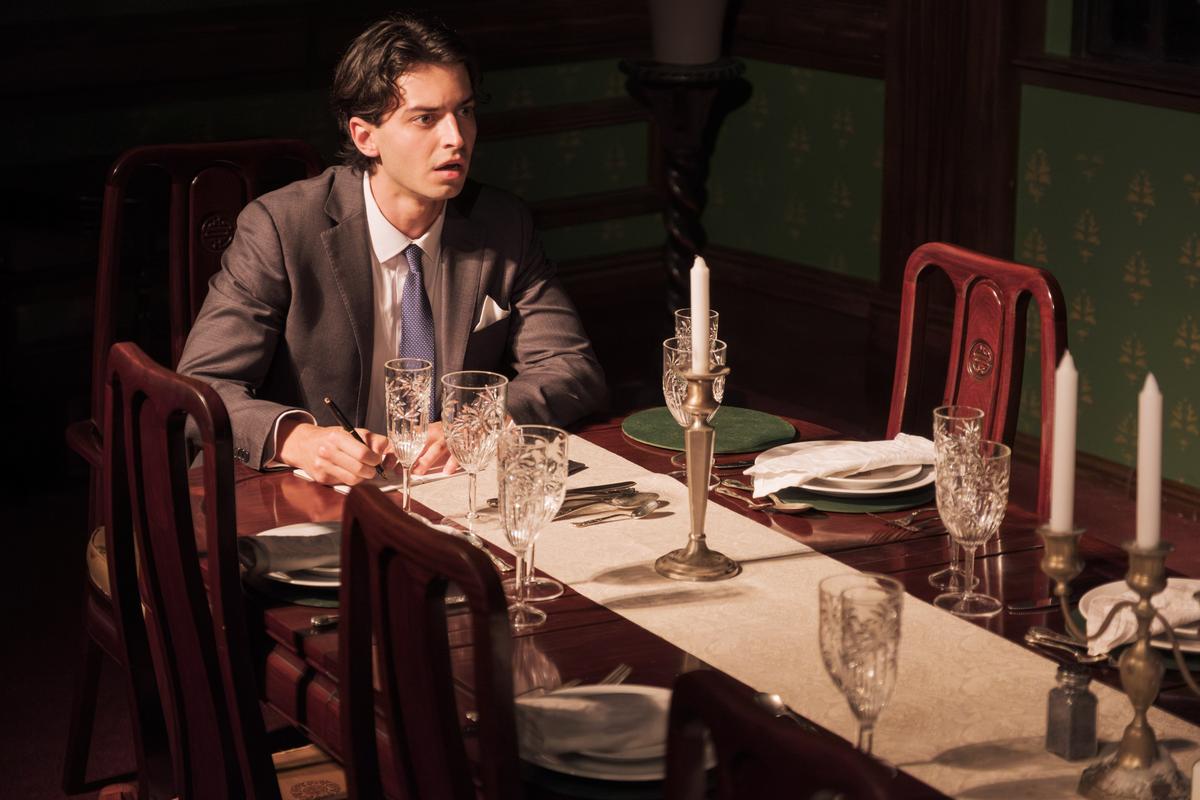
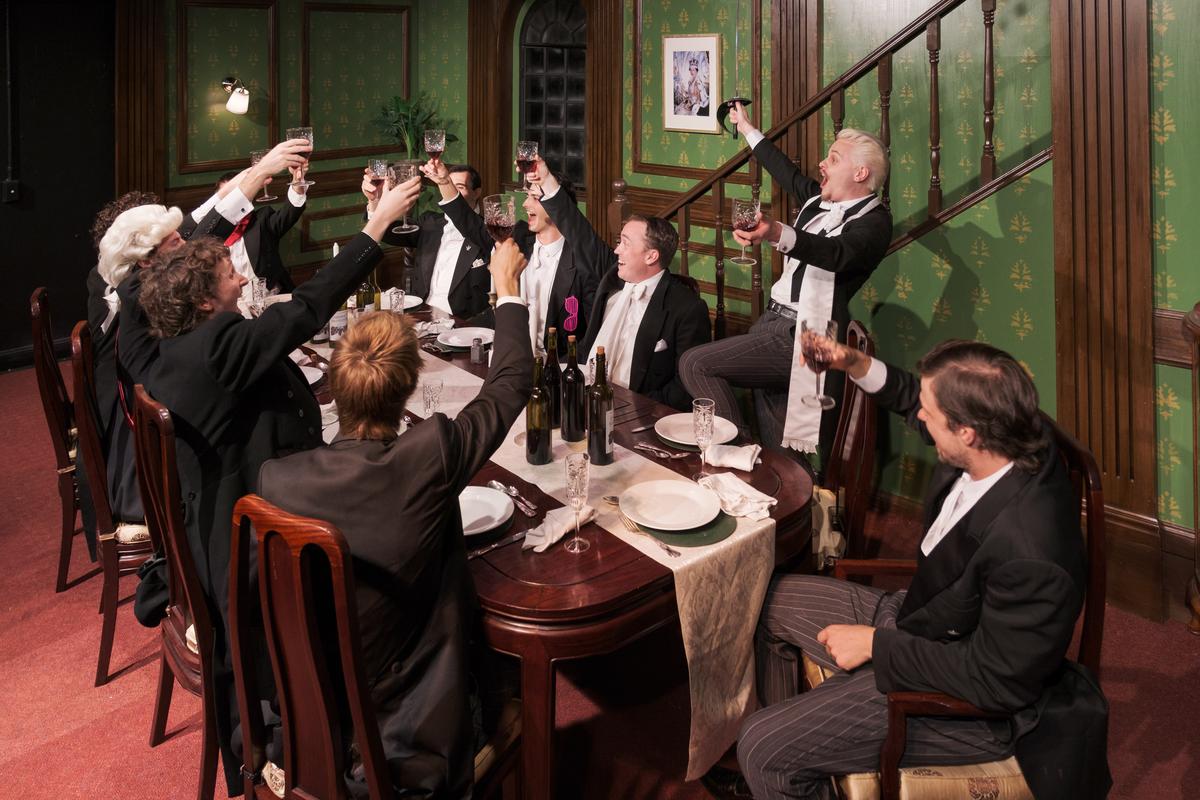
What makes Posh exhilarating is not just its pace or wit, but its layers. It’s a play that makes you laugh, then makes you uncomfortable for having laughed. It seduces, then indicts. Director and cast navigate these shifts with precision. The set design and costumes are elegant and old-world-like —a perfect metaphor for the world these boys inhabit, symbolic of the class system that has existed for generations. And the writing is as clever as it is cutting, never veering into caricature but instead painting a disturbingly real portrait of entitlement unchecked.
In a landscape where theatre often grapples with contemporary questions of identity and power, Posh stands out. With only two female characters, it doesn’t pretend to be balanced—it chooses to focus, with almost clinical scrutiny, on the male diaspora. It shows us men in their glory, their chaos, their fear, and their failure.
Posh is not just a play. It’s an invitation to the table, then a rude awakening.
To book tickets to Posh, please visit https://www.oldfitztheatre.com.au/posh.
Photographer: Robert Catto
